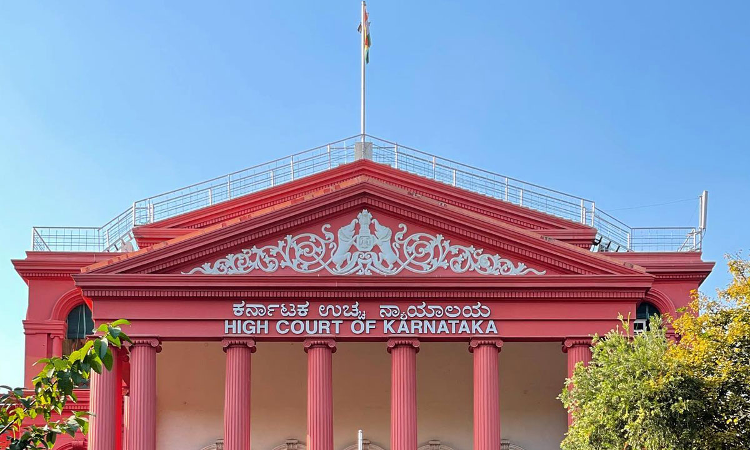The Karnataka High Court has said that a suit for a primary relief of partition and separate possession cannot be rejected at the threshold citing Section 27 of the Limitation Act 1963. A single judge bench of Justice R. Devdas dismissed the revision petition filed by defendants in a property suit, challenging trial court's order dismissing their application filed under Order VII...

